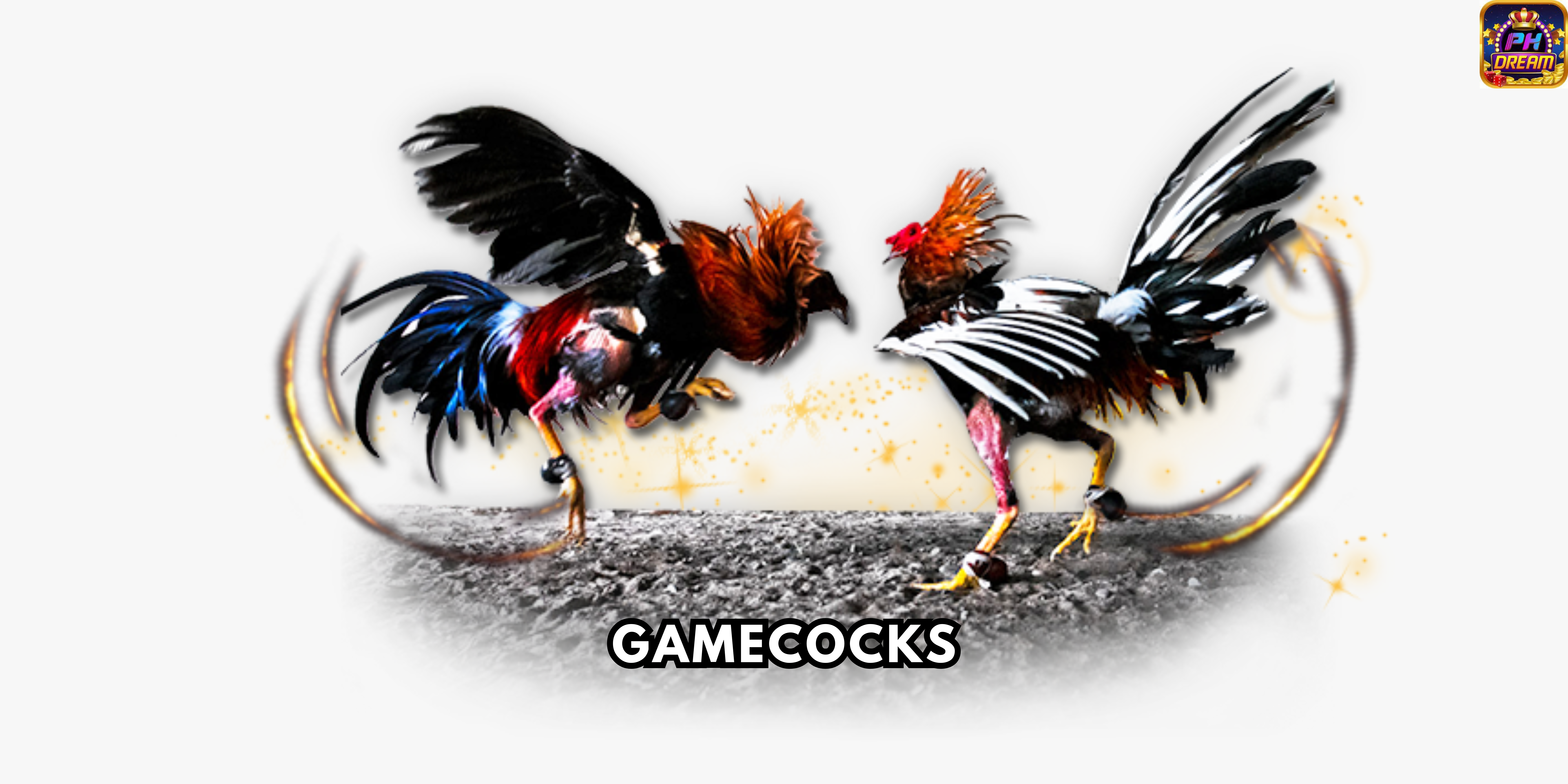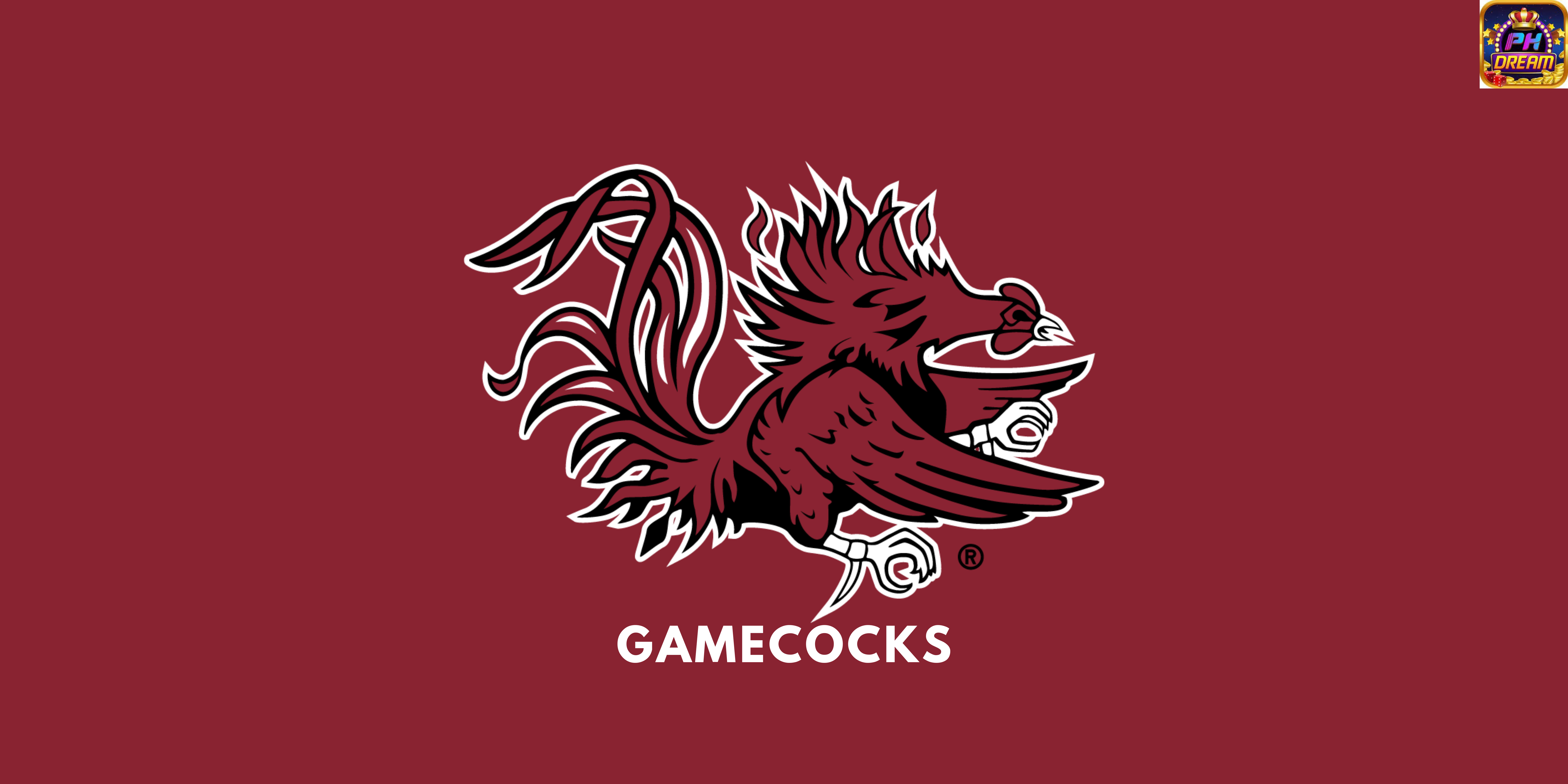
Gamecocks are the heart and soul of this time-honored tradition. These magnificent birds, known for their courage and resilience, are the stars of the arena, where battles are waged not in minutes, but in a test of endurance that can last rounds on end.
As a dedicated Gamecocks sabong enthusiast, you’ve witnessed thrilling battles. To ensure your contender’s triumph in long, demanding fights, explore the art and science of conditioning with us. From fitness to fortitude, nutrition to training, we’ll equip you to transform your fighters into unbeatable champions. Join us on this epic journey!
Table of Contents
Understanding Why Conditioning is Important
Before we dive into the nitty-gritty, let’s chat about why conditioning matters so much in Gamecocks sabong.
Long Fights are a Workout
Imagine this: In the world of cockfighting, battles can be grueling, spanning multiple rounds. To thrive in this arena, your birds require the stamina and endurance to endure these extended contests. Conditioning is the key to ensuring they remain robust and resilient throughout the fight.
Why Well-Conditioned Gamecocks Matter
- They Fight Better: Birds in excellent condition are more agile, boast stronger muscles, and can execute their combat techniques with greater precision.
- They Stay Safer: Effective conditioning plays a vital role in minimizing injuries during a match.
- They Win More: A Gamecock in top form has a better shot at coming out as the winner.
Gamecock Health: Ensuring Long-Term Well-being

1. Routine Health Check-Ups
Similar to any athlete, regular check-ups by a qualified veterinarian offer significant benefits. These examinations play a crucial role in the early detection and management of health concerns before they escalate.
2. Disease Prevention
Preventing diseases is vital for Gamecock’s health. Quarantining new birds before introducing them to your flock helps prevent the spread of illnesses. Clean and sanitary living conditions are equally important.
3. Nutrition and Dietary Needs
Proper nutrition serves as the foundation for maintaining good health in these magnificent birds. It entails providing a well-balanced diet that’s abundant in protein, vitamins, and minerals—a fundamental necessity. These birds frequently benefit from specialized feeds meticulously crafted to cater to their distinct nutritional requirements.
4. Stress Management
Stress can take a toll on a gamecock’s health. Minimizing stress factors, such as loud noises and overcrowding, is crucial. Creating a calm and peaceful environment can positively impact their mental and physical well-being.
5. Environmental Considerations
The living conditions of these birds play a significant role in their health. Ensure they have plenty of space to move around and exercise. Proper ventilation in their living environment is vital for maintaining high-quality air.
Getting Your Gamecocks in Shape
Exercise and Training Routine
Exercise is a must for gamecock conditioning. It helps build their strength and endurance. Here’s what you can do:
- Practice Fights: Let them spar to work on their moves and build endurance.
- Free-Range Fun: Give your feathered companions the freedom to wander in a secure space, enhancing their agility
- Strength Training: Simple exercises like wing flapping and leg stretching make their muscles stronger.
Boosting Endurance
To thrive during those extended battles, your feathered competitors require outstanding stamina. You can assist them by:
- Hill Climbing: Get them to climb hills or inclines. It’s a fantastic way to boost their endurance.
- Long Runs: Allow them to move freely for some time. It’s akin to giving them a cardio workout.
What to Feed Your Gamecocks
A balanced diet is a game-changer in gamecock conditioning. It gives them the energy and nutrients they need.
Good Eats
- Protein Power: These birds require protein to develop strong muscles. Provide them with a diet consisting of poultry feed, grains, and legumes to meet their nutritional needs.
- Vitamins and Minerals: Throw in vitamins like A, D, and E, and minerals like calcium and phosphorus for overall health.
Stay Hydrated
Ensure your feathered companions have access to clean water at all times. Dehydration can hinder their performance.
Time for Some R&R
Rest holds equal importance to exercise and nutrition for your feathered companions.
Chill Environment
Create a tranquil environment for your birds. Minimize noise disturbances and steer clear of anything that might cause them stress.
Let Them Rest
After strenuous workouts or sparring sessions, these feathered athletes require recovery time. This period allows their muscles to heal and become more robust. Therefore, it’s crucial to ensure they receive ample rest between training sessions.
Getting Their Heads in the Game
Mental strength is just as important as physical fitness during a fight.
Less Stress, More Confidence
- Make Them Feel at Home: Familiarity with the training area eases their anxiety.
- Handle Them With Care: Be gentle and calm around your gamecocks to keep them stress-free.
- Buddy System: Let them hang out with other birds for company and to reduce loneliness.
Stay Cool and Focused
A calm and focused gamecock is a winner. Stay composed and confident as their handler to keep them on track.
Checking Progress
It’s essential to track your gamecocks’ progress during conditioning.
Physical Checks
- Look at their body condition, muscle tone, and overall health regularly.
- Adjust their training based on how they’re doing.
Keep Records
Take notes on their training and fights. It helps you make smart choices as you go along.
Game Day Preparation
As the fight day approaches, you need to be on your game too.
Fight Day Checklist
- Double-check all equipment, like spurs, to make sure they’re good to go.
- Make sure your gamecock is rested and in peak condition.
- Handle them gently during transport to keep stress levels down.
Keeping Them Calm and Ready
- Make It Familiar: Let your gamecock get used to the fighting arena before the match if possible.
- Stick to the Routine: Give them their regular food and water to keep them comfortable and less anxious.
Last-Minute Rituals
Handlers often have their little rituals or routines that boost their gamecock’s confidence and focus. Whether it’s a prayer, a special chant, or some grooming, it can make a difference.
In Conclusion
Getting your gamecocks ready for long fights takes a mix of physical training, good food, mental preparation, and care. Remember, always follow ethical practices and treat your gamecocks with respect in this age-old tradition. We hope this guide helps you in your Gamecocks sabong journey!
More Resources
For extra reading on gamecock conditioning and Gamecocks sabong, check out these resources:
- [Link to Gamecocks Sabong Association Website]
- [Recommended Books on Gamecocks cockfighting]
- [Online Forums and Communities for Cockfighting Enthusiasts]
Frequently Asked Questions
Q1: How often should I schedule health check-ups for my birds?
A: Regular health check-ups are essential for the well-being of your feathered companions. It’s generally recommended to schedule check-ups at least once a year. However, consult with your veterinarian to determine the most suitable frequency based on your specific circumstances.
Q2: What can I do to prevent diseases in my birds?
A: Disease prevention begins with maintaining clean and sanitary living conditions. Quarantine new birds before introducing them to your existing flock, regularly disinfect their living quarters, and ensure they have access to fresh, uncontaminated water. Consult with a veterinarian for vaccination and deworming schedules.
Q3: What is the ideal diet for my birds?
A: A well-balanced diet is crucial for bird health. Focus on providing them with high-quality feed that meets their nutritional needs. This typically includes a mix of grains, legumes, and specially formulated bird feed. Monitor their food intake, and adjust it according to their age, activity level, and specific dietary requirements.
Q4: What should I look out for to detect illness or injury early?
A: Regular observation of your birds is key to early detection of health issues. Be alert to changes in behavior, appetite, and physical appearance. Signs of illness or injury may include lethargy, unusual vocalizations, changes in droppings, and physical abnormalities. If you notice any concerning signs, consult with a veterinarian promptly.
Q5: Are there any ethical considerations when caring for birds?
A: Yes, ethical treatment is crucial in avian care. Treat your birds with care, respect, and compassion. Provide them with a good quality of life by meeting their physical and emotional needs. Ethical ownership is not only responsible but also ensures a fulfilling life for your feathered companions.